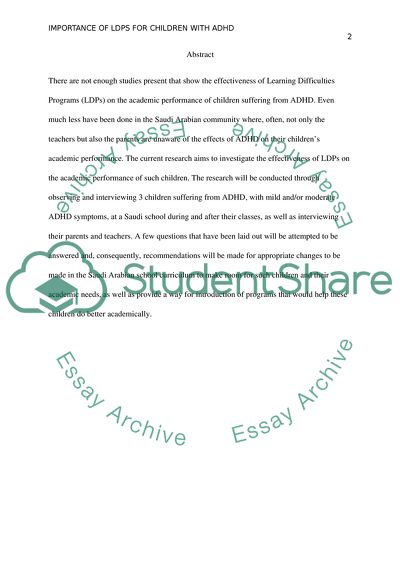Cite this document
(The Importance of Learning Difficulties Programs to Children with Research Paper, n.d.)
The Importance of Learning Difficulties Programs to Children with Research Paper. Retrieved from https://studentshare.org/social-science/1732486-the-importance-of-learning-difficulties-programs-for-children-with-adhd
The Importance of Learning Difficulties Programs to Children with Research Paper. Retrieved from https://studentshare.org/social-science/1732486-the-importance-of-learning-difficulties-programs-for-children-with-adhd
(The Importance of Learning Difficulties Programs to Children With Research Paper)
The Importance of Learning Difficulties Programs to Children With Research Paper. https://studentshare.org/social-science/1732486-the-importance-of-learning-difficulties-programs-for-children-with-adhd.
The Importance of Learning Difficulties Programs to Children With Research Paper. https://studentshare.org/social-science/1732486-the-importance-of-learning-difficulties-programs-for-children-with-adhd.
“The Importance of Learning Difficulties Programs to Children With Research Paper”, n.d. https://studentshare.org/social-science/1732486-the-importance-of-learning-difficulties-programs-for-children-with-adhd.


